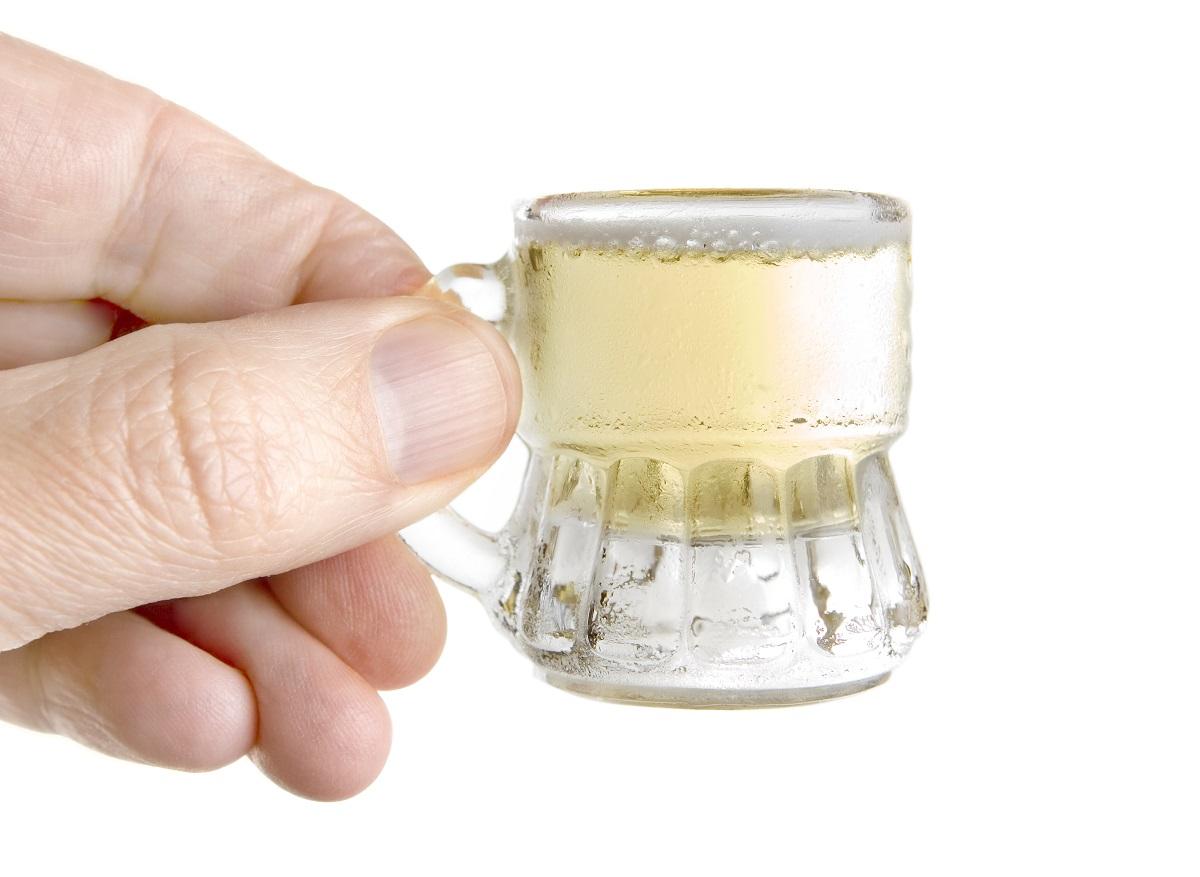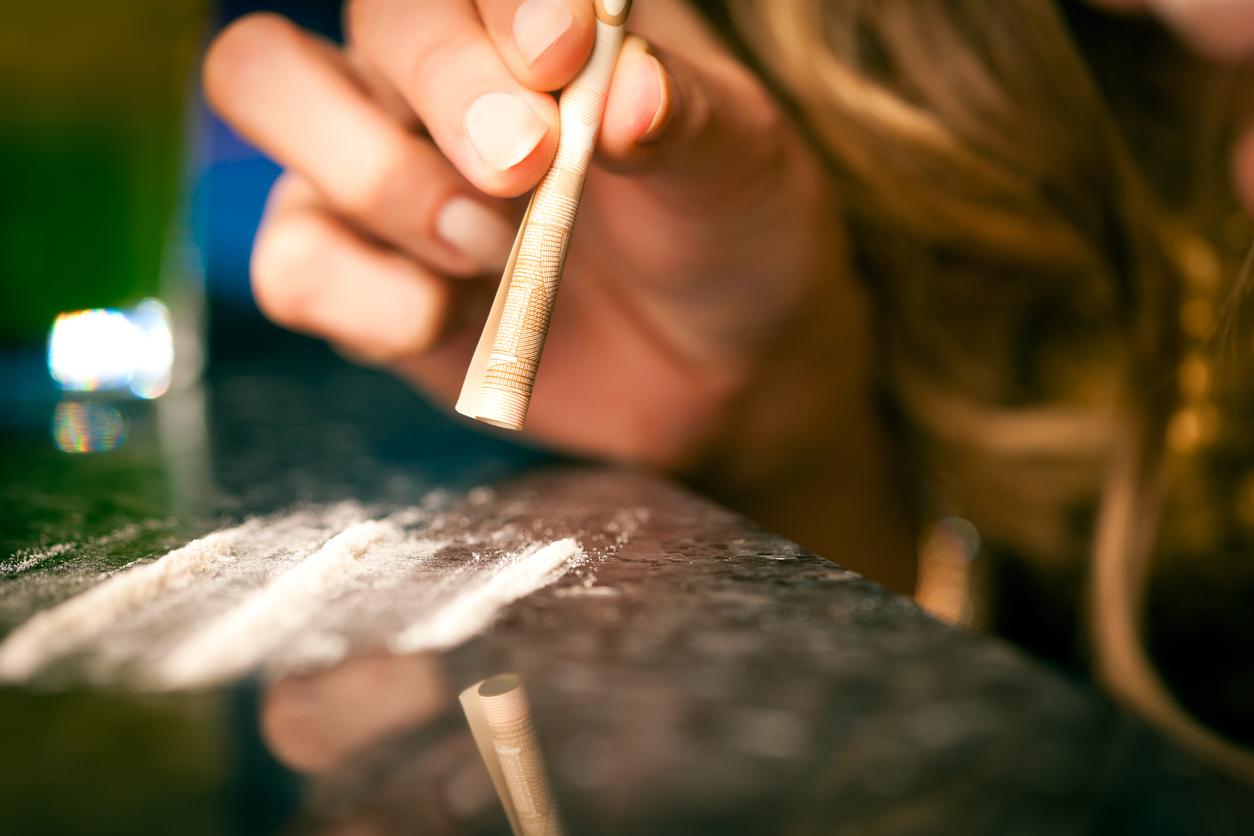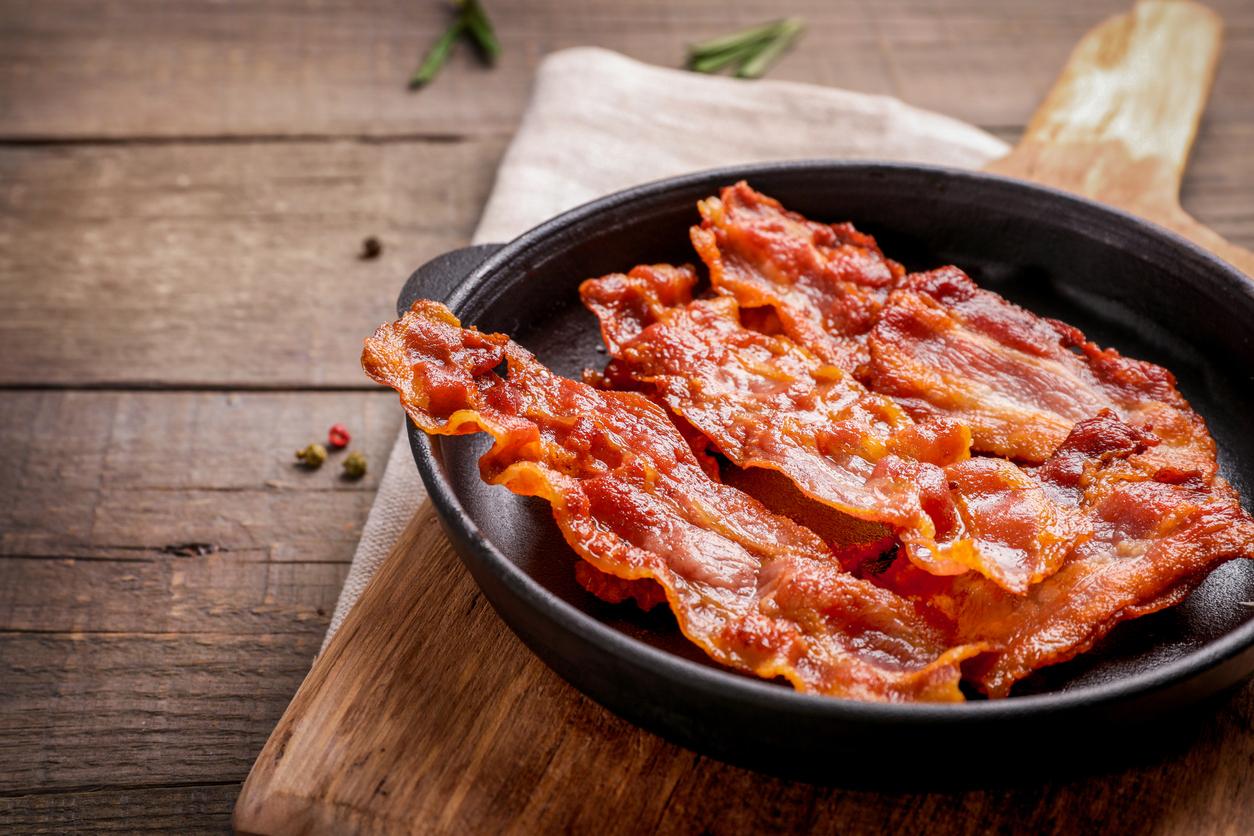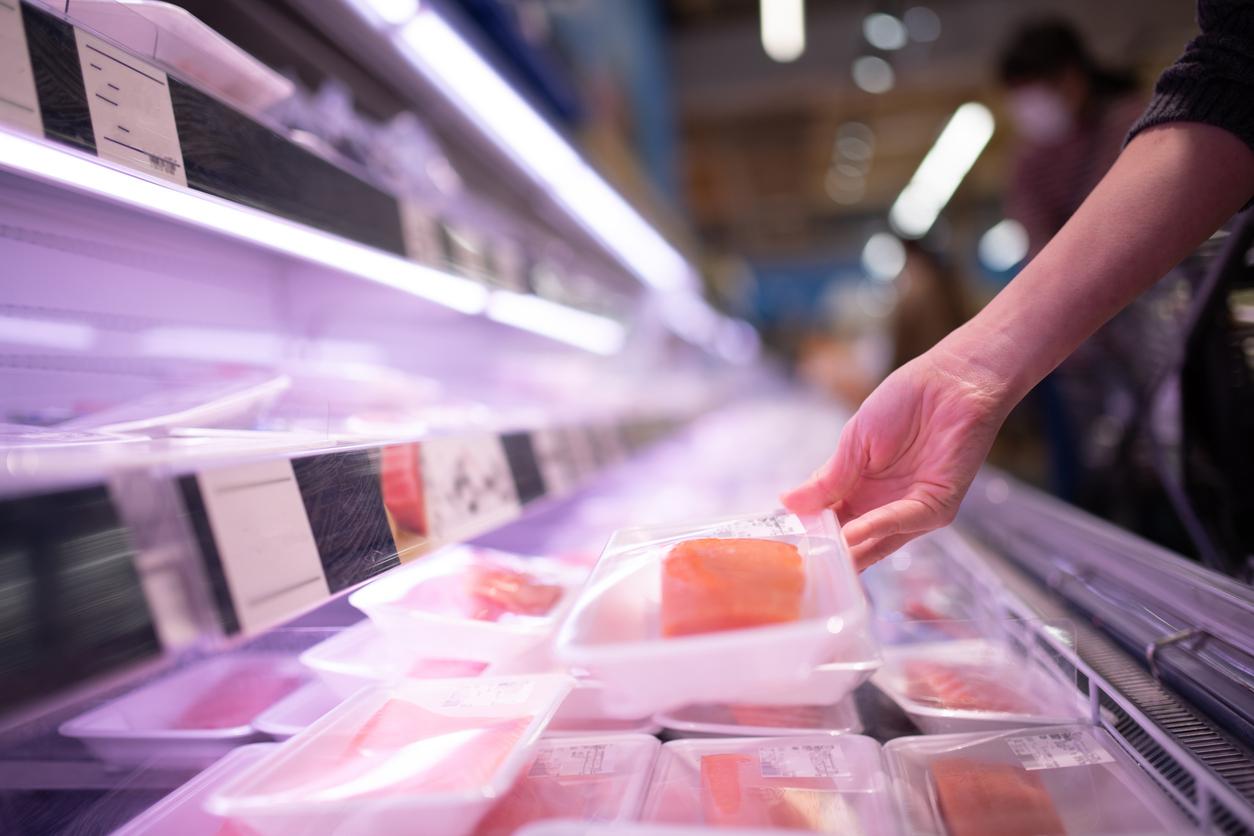Kusmi Tea chamomile sachets do not only contain this plant. A poisonous substance, derived from weeds, has been detected at alarming levels.
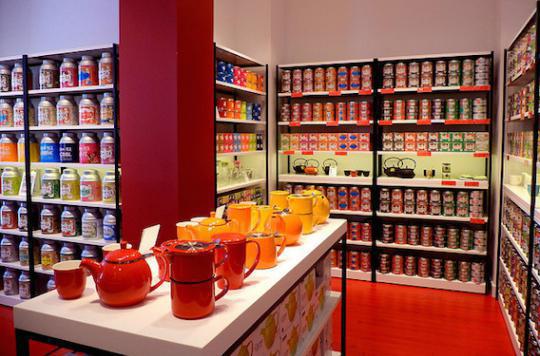
A “chamomile” to relax. The expression has passed into everyday language, as these infusions are so successful. But the herbaceous plant is not all good. A German consumer association, the Foundation Warentest, sounds the alarm on the sachets sold by the manufacturer Kusmi Tea. They are contaminated by weeds with potentially toxic effects, report our colleagues from BFM Business.
380 times the limit dose
Chamomile in itself is not poisonous. But when collected, wild plants can accompany the harvest. This is the explanation provided by the tea maker. The only problem is that some of these weeds contain a substance, pyrrolizidine alkaloids, which has been the subject of alerts by the European Food Safety Agency (EFSA).
Kusmi Tea specifies on Facebook that “this substance is not subject, according to the Warentest Foundation itself, to any legal maximum threshold”. In fact, only recommendations were issued on this subject. The producer therefore shows white paw. “Kusmi Tea chamomile is well below the maximum threshold currently recommended at European level. “
The argument is unstoppable. But the German consumer association is more suspicious. One sachet of chamomile tea contains 161 micrograms of PA. That’s 380 times the dose normally ingested by an adult, according to Warentest. The recommended thresholds are 0.42 micrograms maximum for a 60 kg adult, 0.11 micrograms for a 16 kg child.
Withdrawal from the market
“Immediate poisoning by an adult or a child is unlikely, but eating them regularly carries a chronic risk of liver cirrhosis or tumor,” said the testers. EFSA confirms this in a notice from 2011 : pyrrolizidine alkaloids have a possible carcinogenic and genotoxic action. In other words, they can cause cancer, and damage the DNA and genetic material of cells. According to Warentest, hepatic poisoning is also associated with these substances.
As a precaution, Kusmi Tea preferred to withdraw its chamomile teas from the European market and from its website. No product recall has yet been issued. “We are going to refer to EFSA for more details,” the manufacturer also announced on its Facebook page. The objective: to obtain a threshold to be respected.
As a precaution, we withdraw our chamomile from sale while awaiting the notice of @EFSA_EU on alkaloids detected in Germany.
– Kusmi Tea (@KusmiTea) Jan. 18, 2017
This alert raises the issue of wild plants in teas and infusions more broadly. Warentest recalls that other tests were carried out on green and black teas, with equally bad results. Kusmi Tea would still get the record, with 100 times the values measured so far.
.













